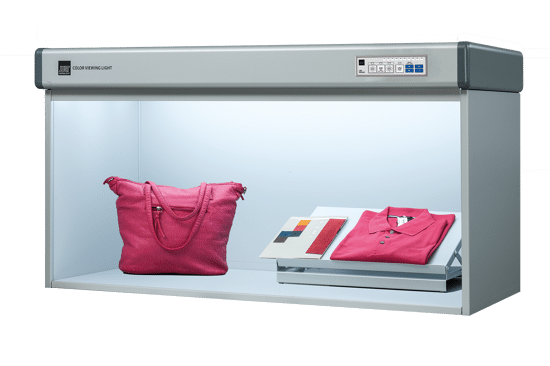Green steps

Almost every day another consulting group starts touting to help printing companies become more environmentally accountable. Offerings range from some sort of sustainability scheme or service, to overpriced environmental consulting. There’s a bandwagon cranking up and lots of people are in line waiting to board.
It’s all very entrepreneurial and innovative. And it’s great that new businesses and services are springing up to support the graphics industry as it transitions to a more sustainable future. Companies wanting to learn about the environment and print’s impact on it have ample choice to meet their carbon footprinting needs.
Print Service Providers (PSPs) are building their sustainability credentials because it is what print buyers expect. If a printing company has credentials, such as certification to ISO 14001 (Environmental management systems), they increase their chances of getting the work. If they’ve got an environmental policy of some description that’s brownie points too. But the PSPs who haven’t a clue even how to have the sustainability conversation, provide an excellent opportunity for organisations offering environmental and sustainability advice to do a little business.
Caveat emptor because it isn’t always necessary for PSPs to bring in outside advisors because sustainability is about common sense. The basics all printers, especially digital printers, should keep in mind when it comes to their sustainability messaging are just that: basic. Print has a one time carbon footprint, during production, unlike electronic media which needs energy to view. Print also has the quality and experiential edge, in that is unmatched on screen and it can be touched and felt. It makes a great companion to digital campaigns, acting as a catalyst for online actions, for instance through QR codes. Print is also based on a sustainable resource: paper can be recycled up to seven times. Recycling and reprocessing plants are established and functioning and the resource, trees, is renewable. The rare earth metals and plastics based on petrochemicals and used in electronic devices, are not.
Consultants can help printing companies with carbon footprinting their businesses and the print they produce. Carbon calculators for print abound but they mostly come with strings attached: certifications that cost, sharing the data, signing up for a membership. Creating communities is what the online and live business world’s are all about. However the data sharing dimension is about data not community and developing priority data sets is another new business the sustainability industry is developing.
Aggregate data can only be trusted if it is based on a common model. Fortunately there is a calculator for measuring a print run’s carbon footprint: ISO 16759 lays out the requirements for quantifying and communicating the carbon footprint of print media products. PSPs who want to create accurate and trustworthy carbon footprinting data should start with this document. Or if working with an external organisation, check that their calculator is based on the standard. Within the graphics industry only Ricoh and Heidelberg have developed certified calculators based on ISO 16759.
Source Information: This article was produced by the Verdigris Project, an industry initiative intended to raise awareness of print’s positive environmental impact. This weekly commentary helps printing companies keep up to date with environmental standards, and how environmentally friendly business management can help improve their bottom lines. Verdigris is supported by the following ccompanies: Agfa Graphics, EFI, Fespa, Fujifilm, HP, Kodak, Miraclon, RicohSplash PR, Unity Publishing and Xeikon.
Topics
Interested in joining our community?
Enquire today about joining your local FESPA Association or FESPA Direct
Recent news

Smart factories and customisation technology explored at Personalise Make Wear 2024
FESPA's Textile Ambassador, Debbie McKeegan speaks to industry specialists at Personalise Make Wear at Personalisation Experience and Sportswear Pro 2024 held in Amsterdam. Each day of the exhibitions Debbie hosted a fire-side chat with these specialists to discuss various industry topics. During this Fire-side chat with Antigro, Caldera, Print Logistics, Inkcups and Kornit Digital they discuss the role of digital technologies in personalisation, reshaping the supply chain, the future of manufacturing and more.

The pros and cons of Digital Signage and Printed Signage
Sonja Angerer discusses the pros and cons of both digital signage and printed signage. Current developments such as artificial intelligence and spatial computing are changing the situation once again. How will this shift affect printers?

How to create an efficient smart factory
Debbie McKeegan speaks to industry specialists at Personalise Make Wear in Amsterdam about smart factories and customisation technology. Debbie speaks to Antigro, Caldera, Print Logistic, Inkcups and Kornit Digitial.

Standard lighting conditions for wide format printers and their many markets
Paul Sherfield shares the various standard conditions that are required for wide format printers as colours can appear differently dependent on the differing types of lighting and environments.